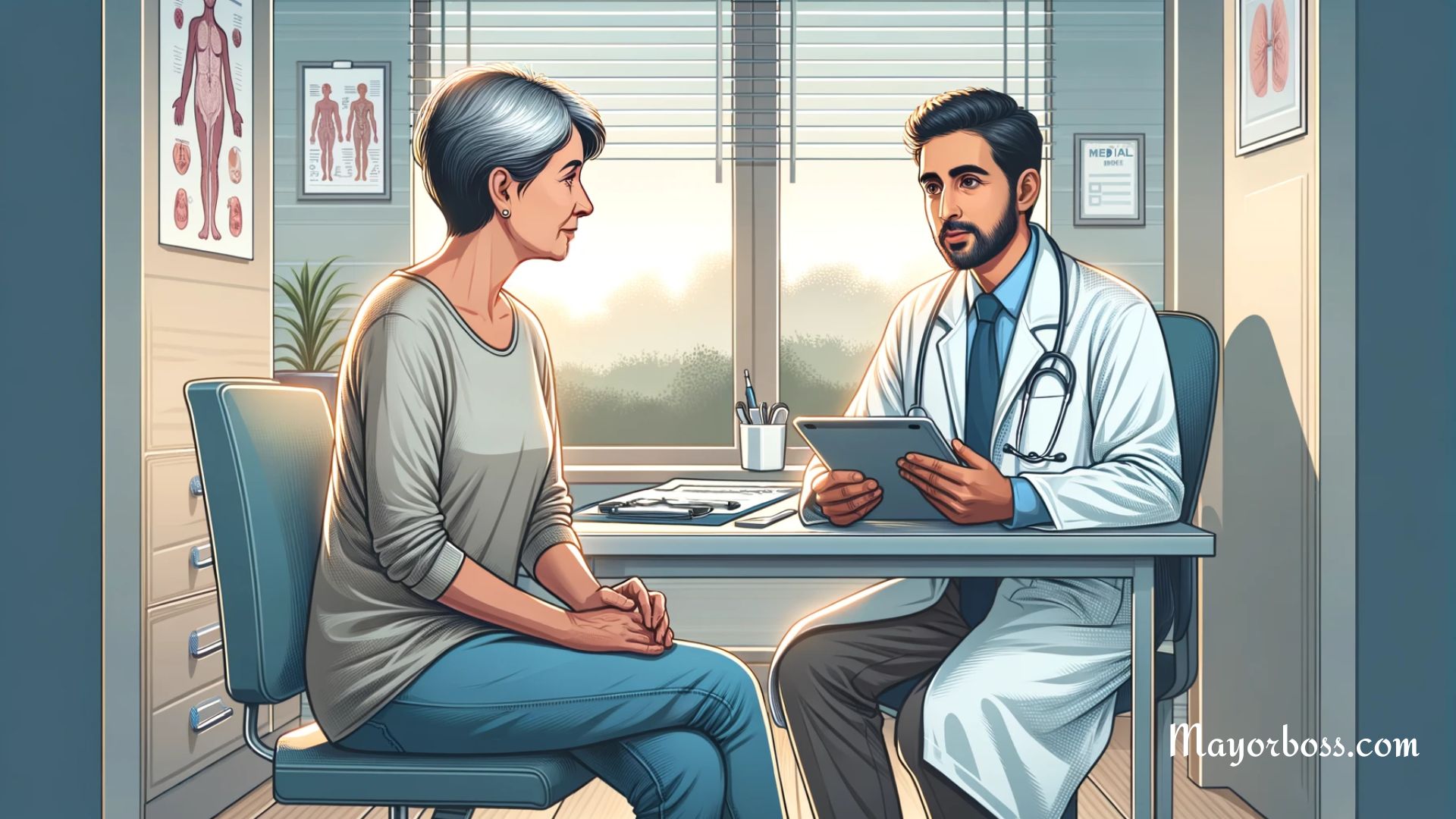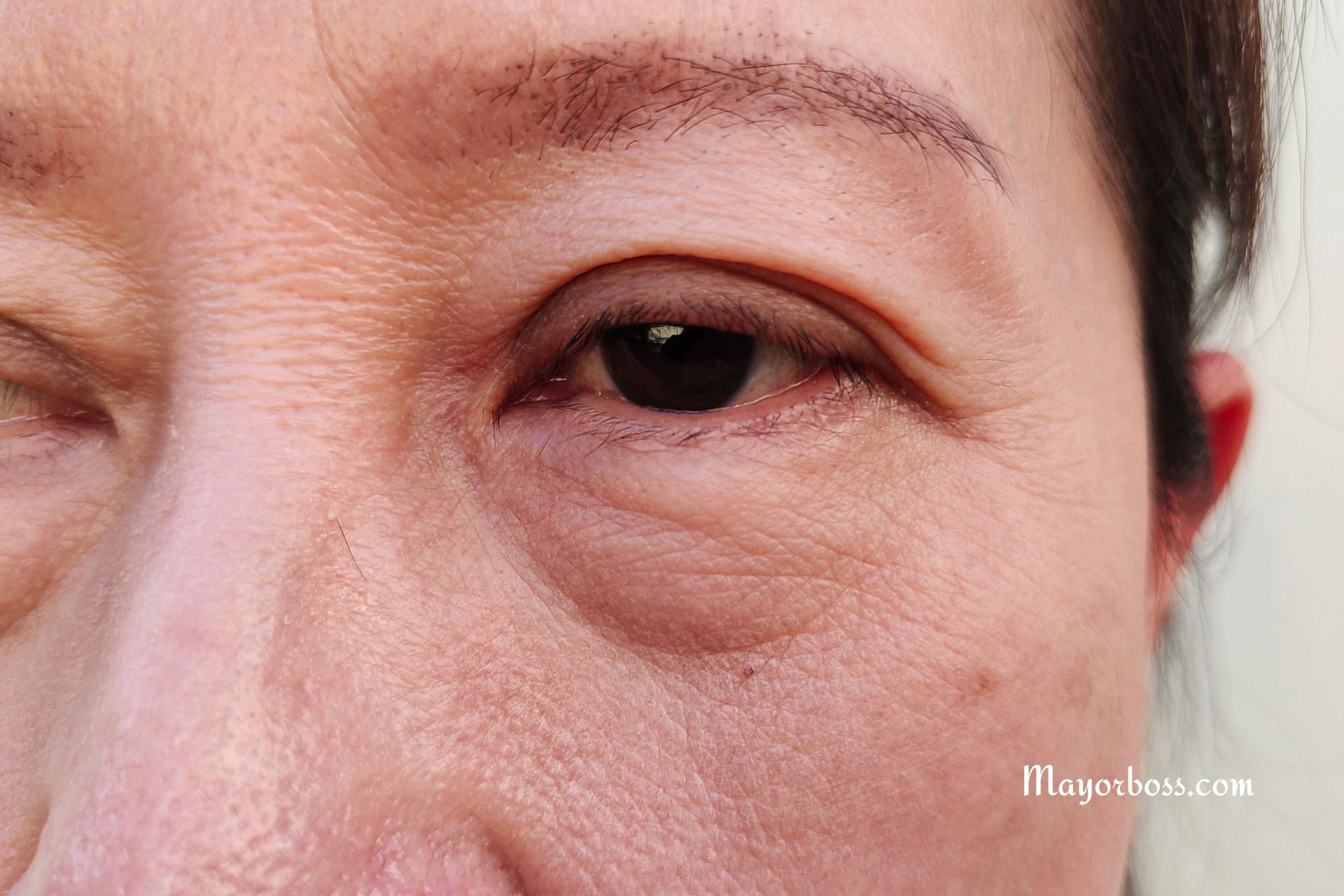What Time Should You Stop Eating at Night?
What time should you stop eating at night? Deciding when to stop eating at night can be crucial for overall health and well-being. Typically, experts suggest finishing your last meal two to three hours before bedtime. This helps with digestion and may even aid in weight management. Conditions like acid reflux and poor sleep quality can also be affected by your nighttime eating habits.

Why Does the Timing Matter?
So you’ve had a long day, and the only thing you’re looking forward to is a late-night snack. But hold on! Before you reach for that midnight munchie, consider the impact of late-night eating on your health. Eating too close to bedtime can disrupt your sleep cycle and digestion process. Moreover, it can affect your body’s ability to burn calories, thereby impacting weight management.
The Physiology Behind It
Digestive System
Your digestive system is hard at work, even when you’re resting. However, lying down shortly after eating can slow down the process. This often results in digestive issues such as acid reflux and heartburn.
Circadian Rhythm
According to research, our bodies follow a natural clock known as the circadian rhythm. This rhythm affects various bodily functions, including metabolism. Eating out of sync with your circadian rhythm can actually slow down your metabolism, which might make weight management more challenging.
Sleep Quality
Late-night eating can also interfere with sleep. Foods that are high in sugar or caffeine can keep you awake, causing you to miss out on much-needed rest. On the other hand, going to bed hungry isn’t a good idea either, as it could also disturb your sleep.
So When Should You Stop Eating?
General Guidelines
A good rule of thumb is to finish eating at least three hours before you plan to go to sleep. This allows your body ample time to digest the food and decreases the risk of experiencing discomfort while you sleep.
Individual Factors
However, everyone is different. For example, athletes or people with certain medical conditions might need to eat closer to bedtime. In such cases, it’s crucial to consult a healthcare provider for advice.
Tips for Healthy Nighttime Eating
Choose Light Snacks
If you absolutely must eat something late at night, opt for a light snack. Examples include a small bowl of fruit or a cup of herbal tea.
Portion Control
Mind your portions. Eating a full meal late at night can be more detrimental compared to a small, balanced snack.
Avoid Certain Foods
Foods that are high in fat, sugar, or caffeine can disturb your sleep and digestion. Instead, go for options that are easy on your system.
Stay Hydrated
In people who feel late-night hunger pangs, sometimes the issue is actually dehydration. Try drinking a glass of water before reaching for a snack.
To Sum It Up
While there’s no one-size-fits-all answer, aiming to finish your last meal two to three hours before bed is generally a good idea. This simple habit can make a significant difference in your digestion, sleep quality, and even weight management. So the next time you feel the urge to eat late at night, think twice!
Further Reading: What Happens When You Eat Late at Night and Go to Sleep?






